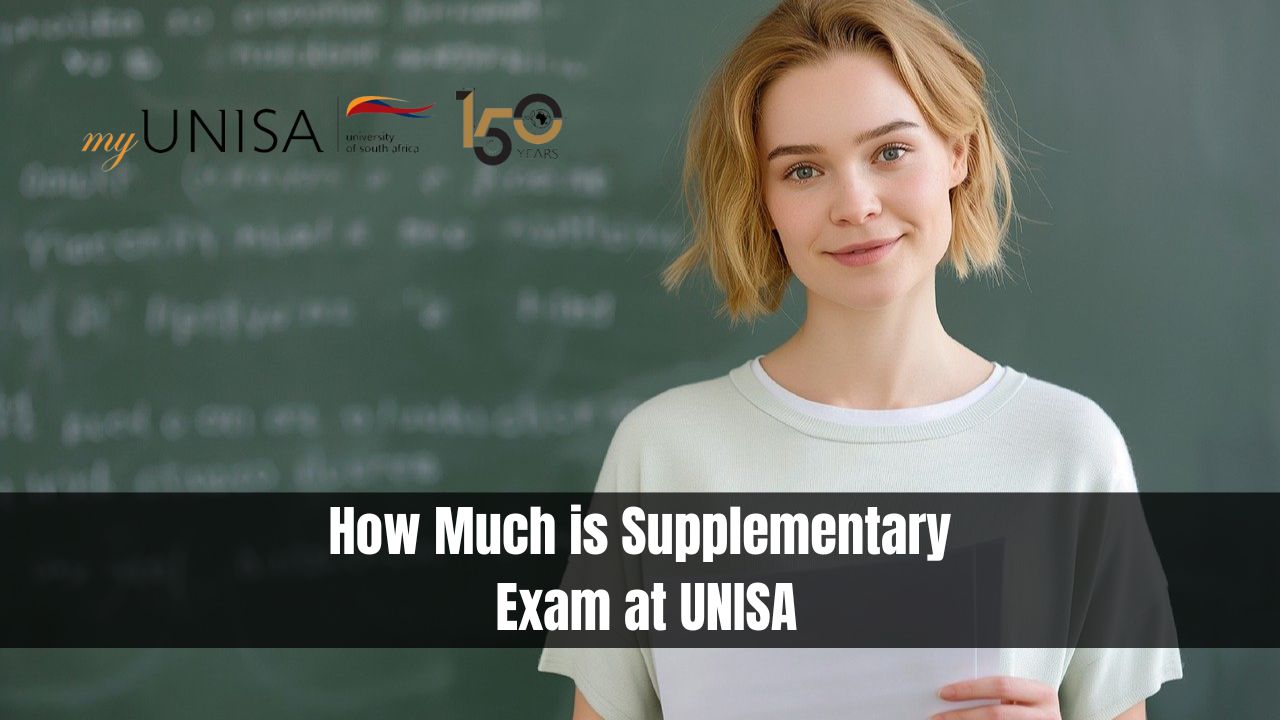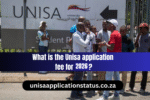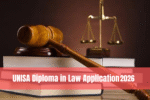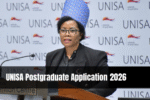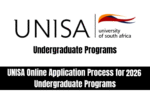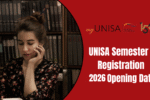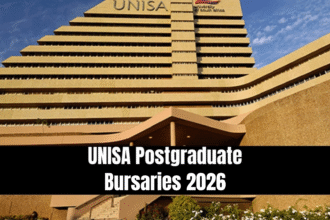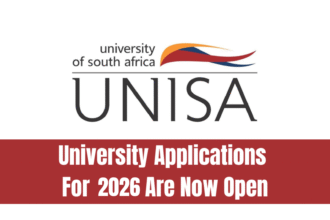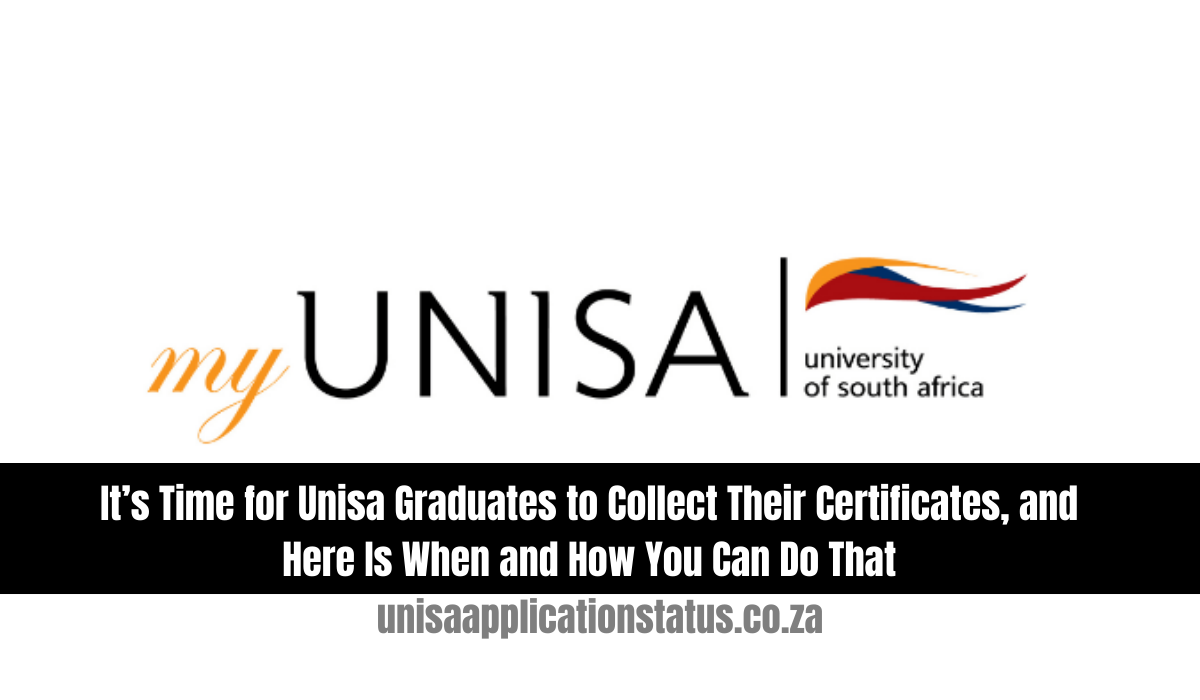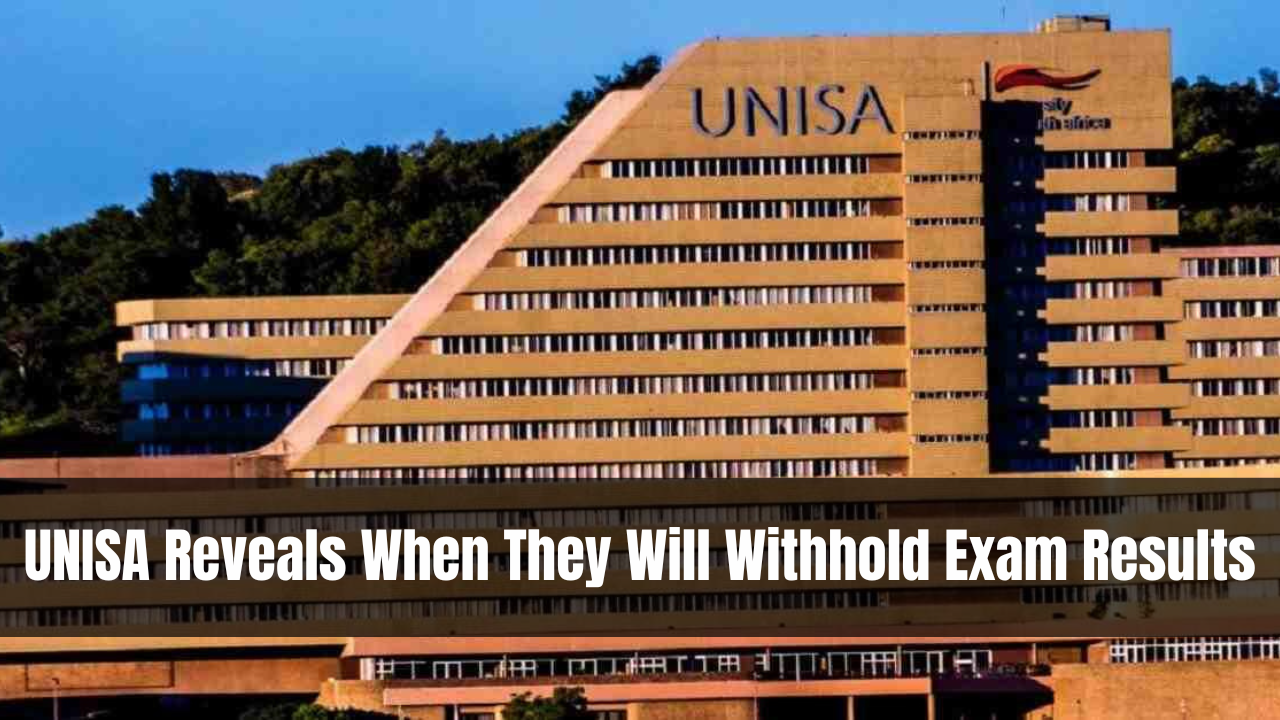How Much is Supplementary Exam at UNISA. As a student at the University of South Africa (UNISA), understanding the cost implications of supplementary exams is essential. Supplementary exams provide a valuable opportunity for students who did not pass their initial exams to improve their grades and continue their academic journey without significant delays. This article will explore the supplementary exam fees at UNISA, what a supplementary exam entails, and tips for preparing effectively.
What is a Supplementary Exam?
A supplementary exam is an additional exam opportunity provided to students who did not achieve a passing grade in their initial examination. At UNISA, supplementary exams are typically offered at the end of each semester, allowing students to retake the exam without having to repeat the entire course.
How Much is Supplementary Exam at UNISA
| Supplementary, special and aegrotat examinations | R315.00 | |
|---|---|---|
| Additional costs for practical modules | R2,000.00 | |
| Issuing of complete or conditional exemption certificates by the Matriculation Board | R750.00 | |
| Dishonoured payments | R820.00 | |
How to Pay for Your Supplementary Exam
- Online Payment: UNISA provides an online payment portal where students can pay their supplementary exam fees using a credit card, debit card, or other electronic payment methods.
- Bank Deposit: Students can also make a direct bank deposit into UNISA’s account. Ensure you use your student number as the reference number to avoid any processing delays.
- UNISA Offices: Payment can also be made in person at any UNISA office.
Important Points to Note
- Payment Deadline: Ensure that you pay the supplementary exam fee by the deadline specified by UNISA. Late payments may result in being barred from taking the exam.
- Non-Refundable: The supplementary exam fee is non-refundable. Once paid, it cannot be reclaimed, even if you choose not to take the exam.
- Confirmation: After making the payment, confirm that the payment has been processed and your supplementary exam registration is successful.
Preparing for Your Supplementary Exam
Effective preparation is key to passing your supplementary exam. Here are some tips to help you succeed:
1. Review Your Previous Exam
Analyze your previous exam to understand where you went wrong. Identify the areas where you lost the most marks and focus on improving those.
2. Create a Study Schedule
Allocate specific times each day for studying and stick to your schedule. Consistency is crucial for effective preparation.
3. Utilize UNISA Resources
Make use of UNISA study resources, including textbooks, online materials, and past exam papers. These resources are tailored to help you understand the course content better.
4. Join Study Groups
Collaborating with fellow students can provide new insights and help clarify difficult concepts. Join or form study groups to enhance your learning experience.
5. Seek Help
If you’re struggling with certain topics, don’t hesitate to seek help from your lecturers or tutors. They can provide additional explanations and guidance.
6. Practice Past Papers
Practicing past exam papers can give you a good idea of the exam format and the types of questions to expect. Time yourself while doing these papers to improve your time management skills.
7. Stay Healthy
Don’t neglect your health while preparing for exams. Ensure you get enough sleep, eat healthily, and take regular breaks to keep your mind fresh.
Conclusion
Supplementary exams at UNISA offer a second chance to achieve academic success without the need to repeat an entire course. The fee for supplementary exams in 2024 is a manageable ZAR 250 per module, making it accessible for students. By understanding the costs and preparing effectively, you can maximize your chances of passing and moving forward in your academic journey. Stay informed, plan ahead, and use the resources available to you to succeed.

